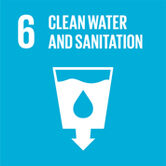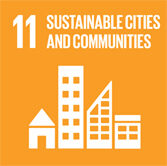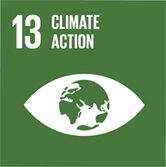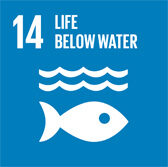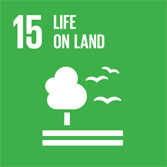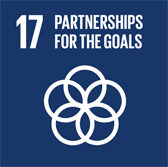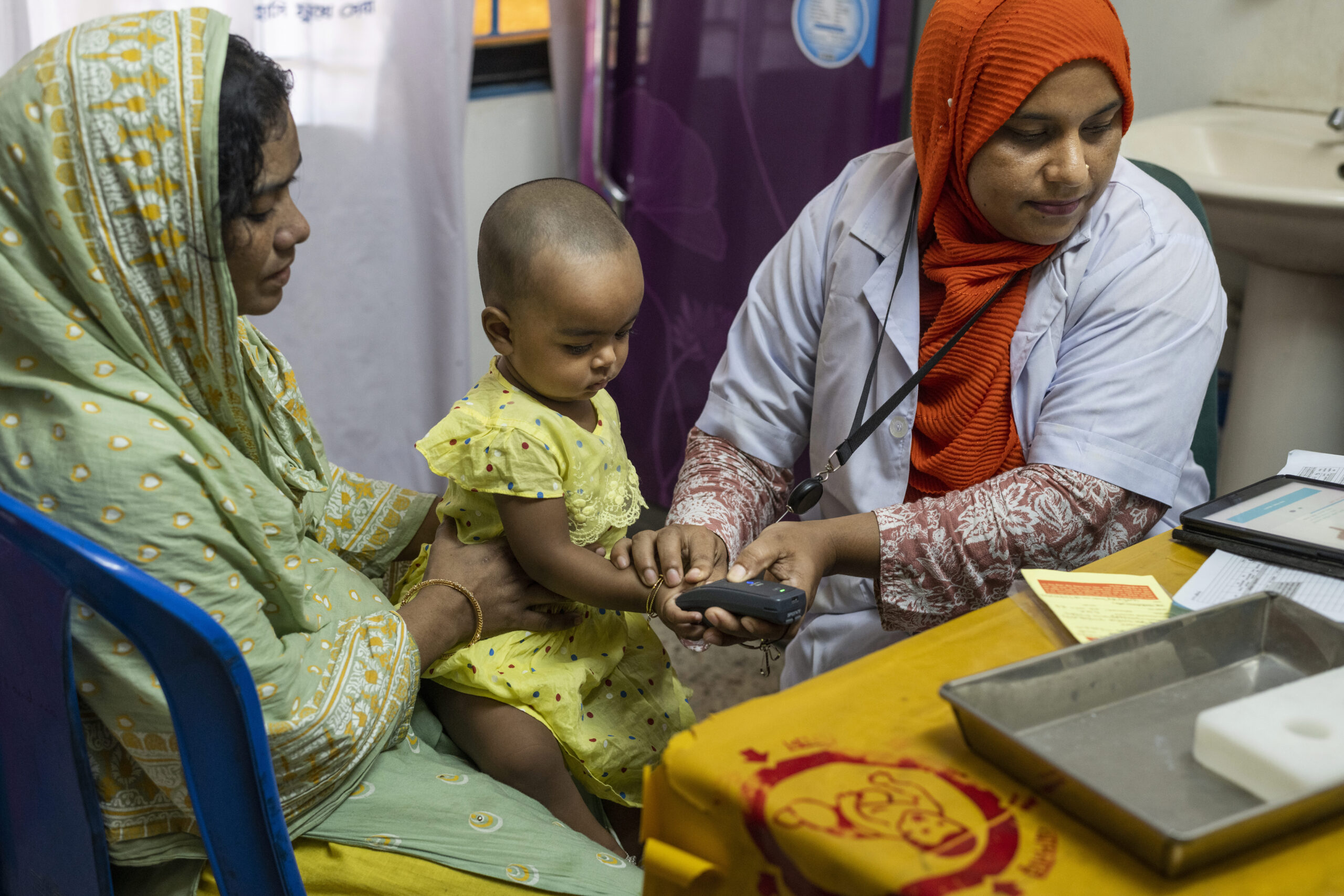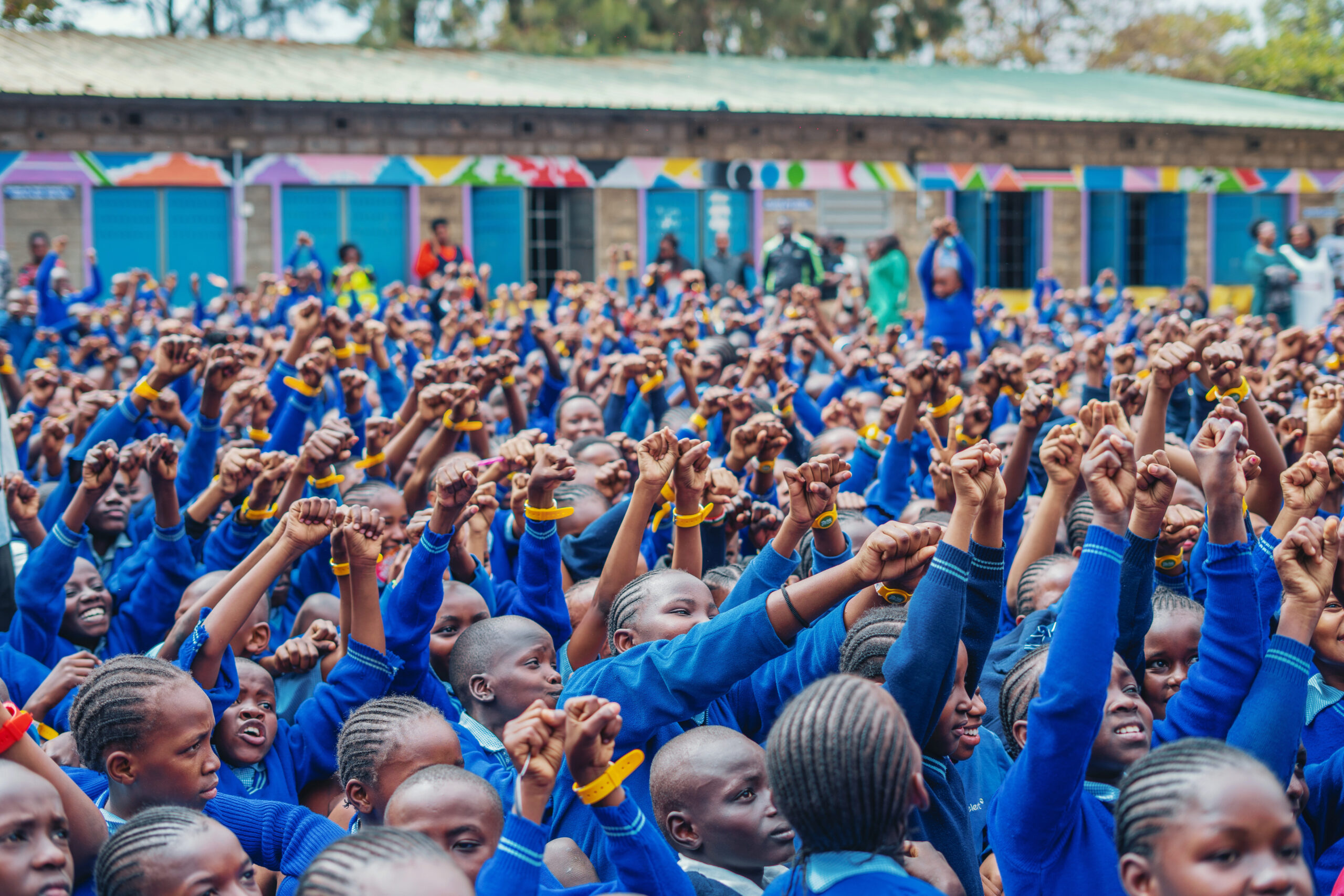
2024 Grand Prize Winner: Seacology
Seacology works with island communities around the world to safeguard their local ecosystems and unique species, many of which are threatened with extinction. Their unique win-win approach funds community needs like schools, clean water, and sustainable energy, in exchange for the protection of forests, wetlands, coral reefs, and other fragile habitats. Seacology’s projects create marine and terrestrial reserves on islands while improving the quality of life for local people.
Primary Area of Impact: Environmental Sustainability
Geographic Area (Continent): Africa, Asia, Europe, N. America, Oceania, S. America
Geographic Areas (Countries): 68 countries
Organizational Type: Non-Profit
Year Founded: 1991
Mission: To protect threatened island ecosystems all over the world by working directly with communities to help improve their quality of life while saving precious island habitats.
Website: www.seacology.org
Social Challenge
Island ecosystems comprise only 5% of Earth’s land but are home to 40% of all critically endangered species and 600 million people worldwide, and often bear the brunt of rapid climate change. Over the last few centuries, 80% of all known extinctions have occurred on island habitats. Scientific consensus is that climate change is by far the most serious global threat of our time, and it disproportionately hurts poorer communities. Island communities must often make substantial sacrifices and are under constant pressure to boost economic development, even at the cost of environmental damage. Many of the world’s most vulnerable islands are small, remote, and often overlooked.
UN Sustainable Development Goals (SDGs)
Leadership
Seacology is a unique global conservation organization that protects critical and vulnerable ecosystems while increasing the resilience of the local communities whose lives and cultures depend on them. They focus exclusively on island communities that are remote and thereby ignored by larger organizations and decision-makers, ensuring that they receive the needed support. Seacology works with all kinds of island habitats, both marine and terrestrial, and utilizes an innovative model where the local community gets a tangible benefit for their help in environmental protection. Seacology is also a pioneer in the preservation of seagrass ecosystems throughout the world.
Impact
Seacology’s impact is both environmental protection and community benefit. Studies show that indigenous knowledge and management improve the monitoring of ecological changes, the fostering of biodiversity, the preservation of valuable ecosystems, and can reduce poverty. To date, Seacology has helped protect over 1.4 million marine and terrestrial acres and launched 400+ projects on islands in 68 countries. More recently, they have spearheaded two country-wide projects in their conservation efforts. In Sri Lanka, Seacology built the first mangrove museum in the world and gave microloans to impoverished coastal women. In the Dominican Republic, Seacology launched a special initiative focused on youth engagement called Play for the Mangroves. This initiative provides free sports equipment and uniforms to under-resourced coastal youth in return for protection of mangrove forests.
Innovation
Seacology’s innovative model, where a community receives a tangible benefit for their help in environmental protection, has resulted in a deep commitment and ownership from islanders to protect marine or terrestrial areas. Seacology puts the local communities at the center of everything they do, ensuring every project is developed directly by the communities and that community members are responsible for driving all project goals and outcomes. Seacology’s ethnically diverse network of field representatives, who often live in the communities that Seacology serves, provide support in terms of cultural and linguistic knowledge to be responsive to local needs. They also have at least one formal partnership with a local NGO, enabling Seacology to maintain a lean full-time staff even as they expand their operations in regions all over the world.
Transferability
Seacology’s model is highly adaptable and replicable as its basic model requires a conservation goal and a community benefit which can be filled in any way the local community wants. Seacology has proved that its model works across geographies, environments (different marine and terrestrial habitats), and cultures supporting a range of community needs, as demonstrated by their 400+ projects across 68 different countries. Many of the communities Seacology works with take great pride in their project outcomes and continue to honor their commitments to the conservation and upkeep of the community benefit Seacology provided. Additionally, Seacology’s partnerships with local and international NGOs build capacity for expansion and learning.
Accomplishments
- Finalist, .ORG Impact Awards – Overcoming Climate Change, 2021
- Energy Globe National Award – Sri Lanka, 2020
- Nobel Peace Prize Nominee, 2020
- United Nations Momentum for Change Award, 2018




